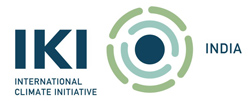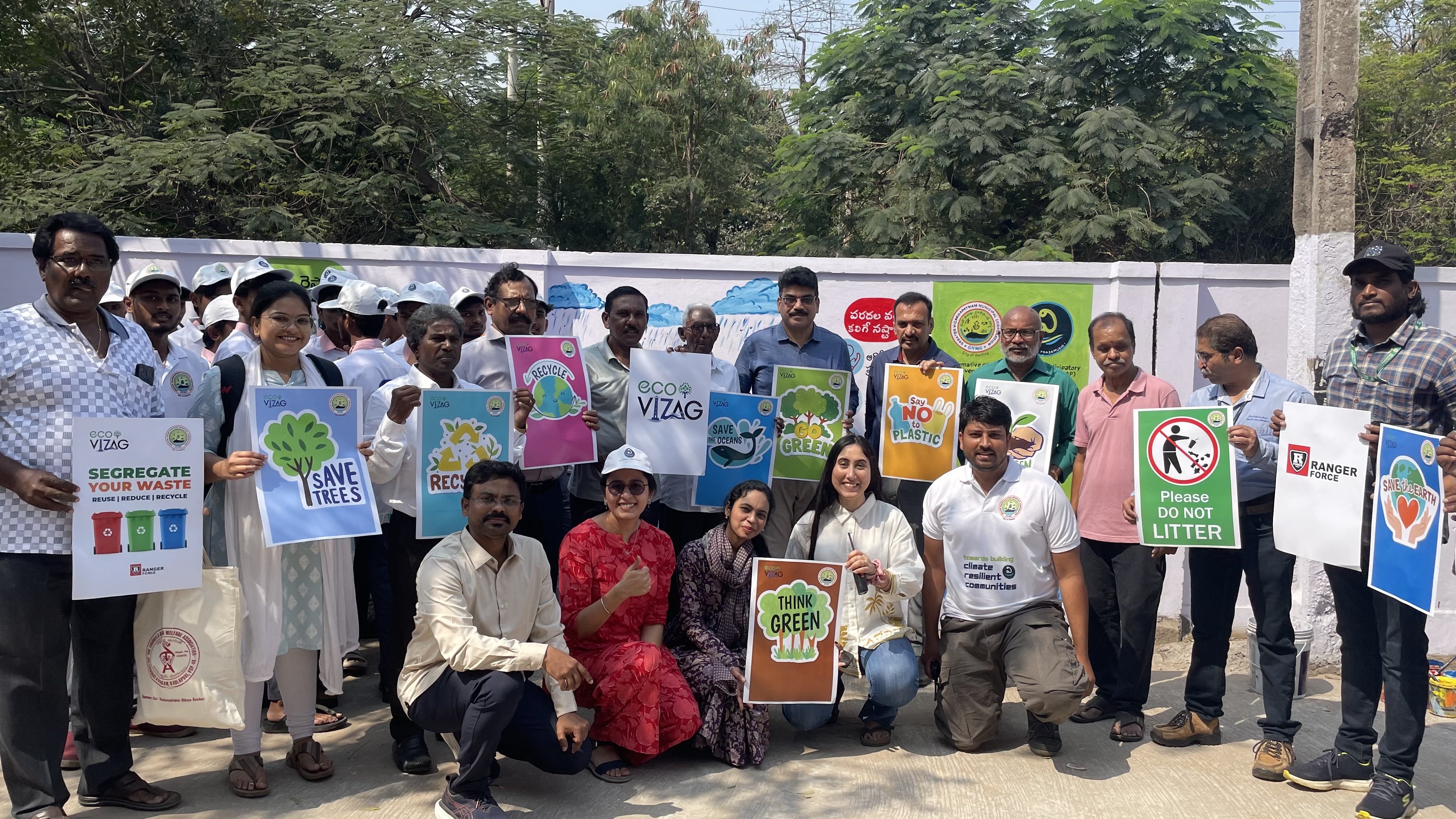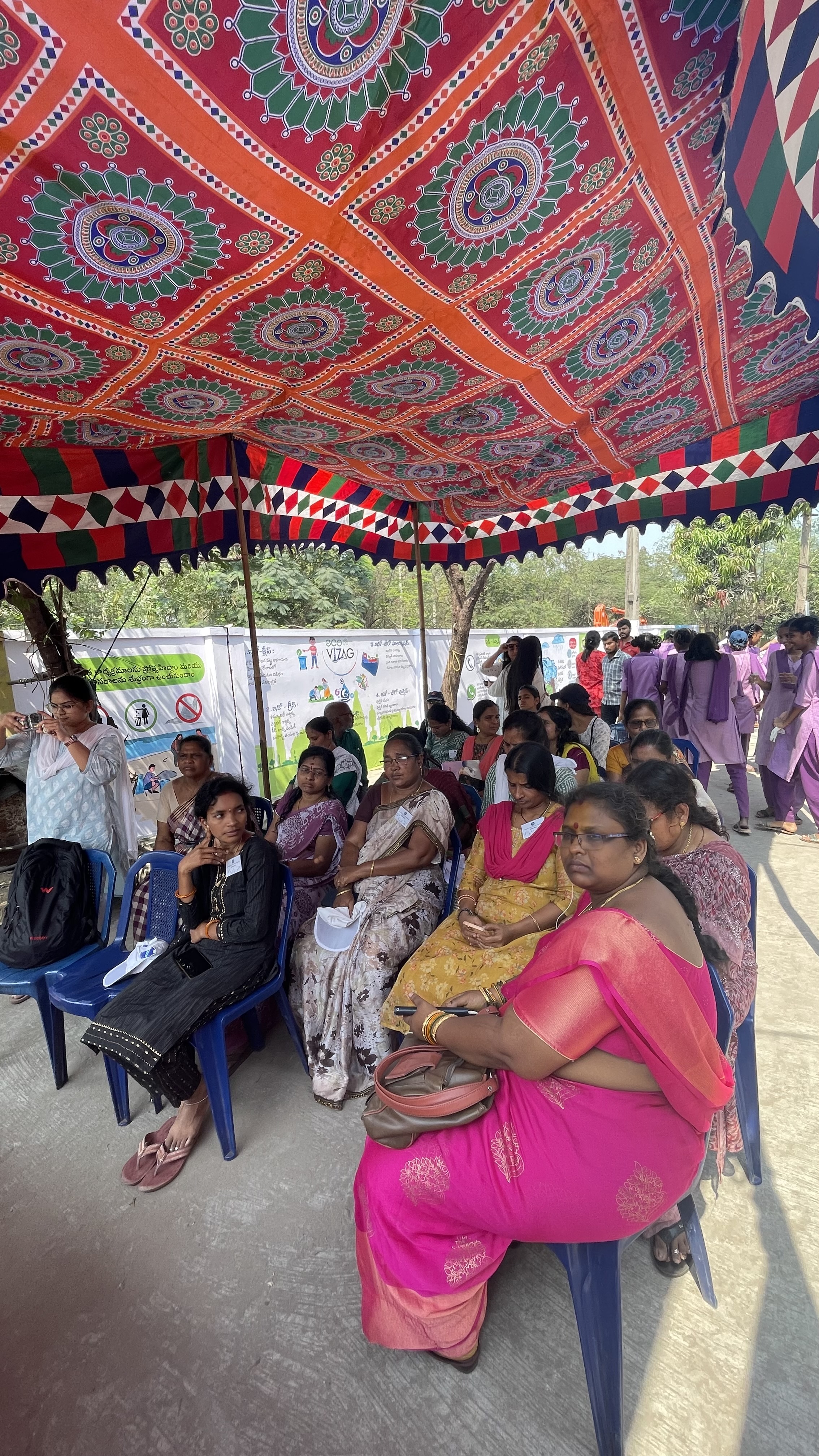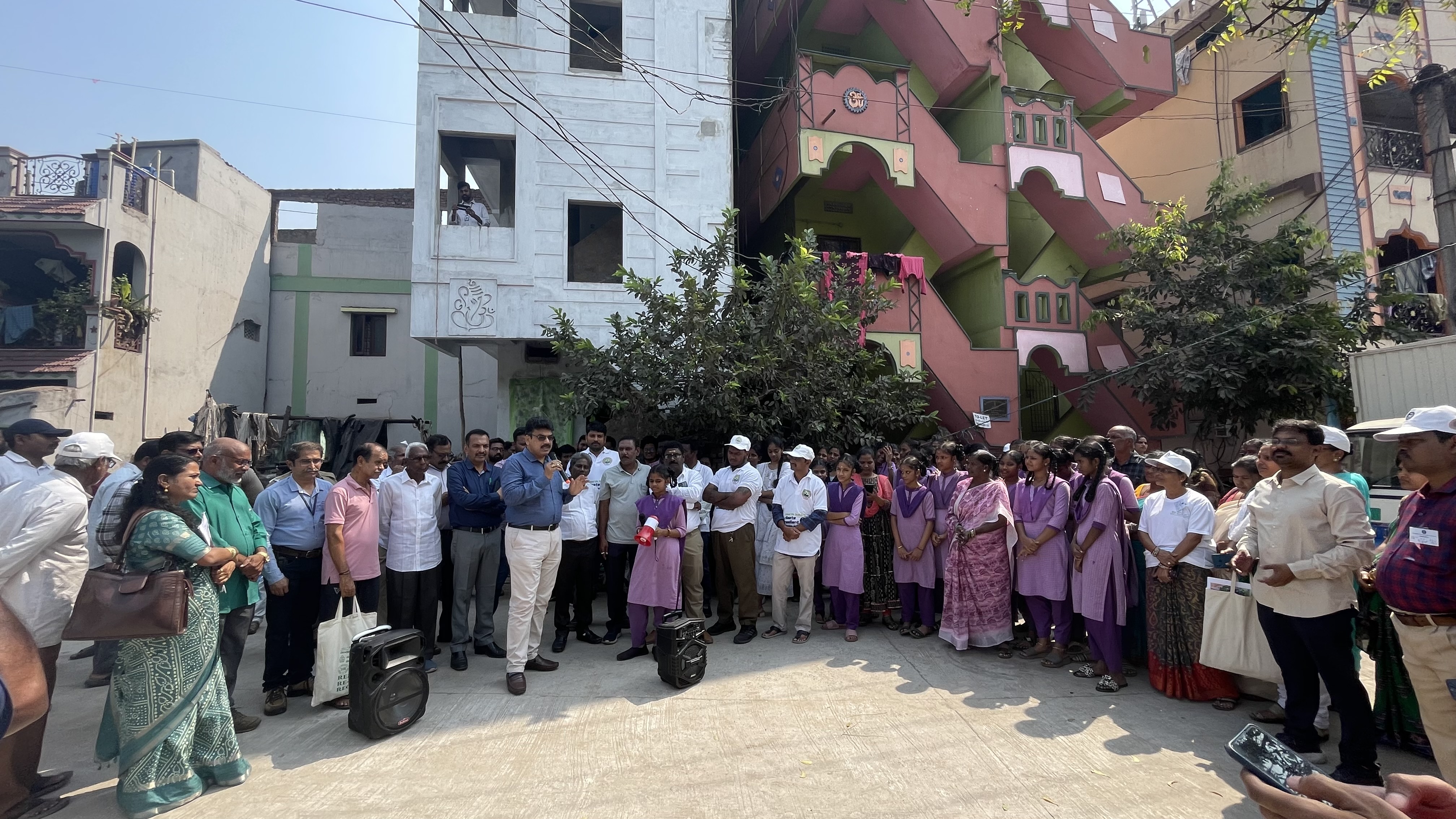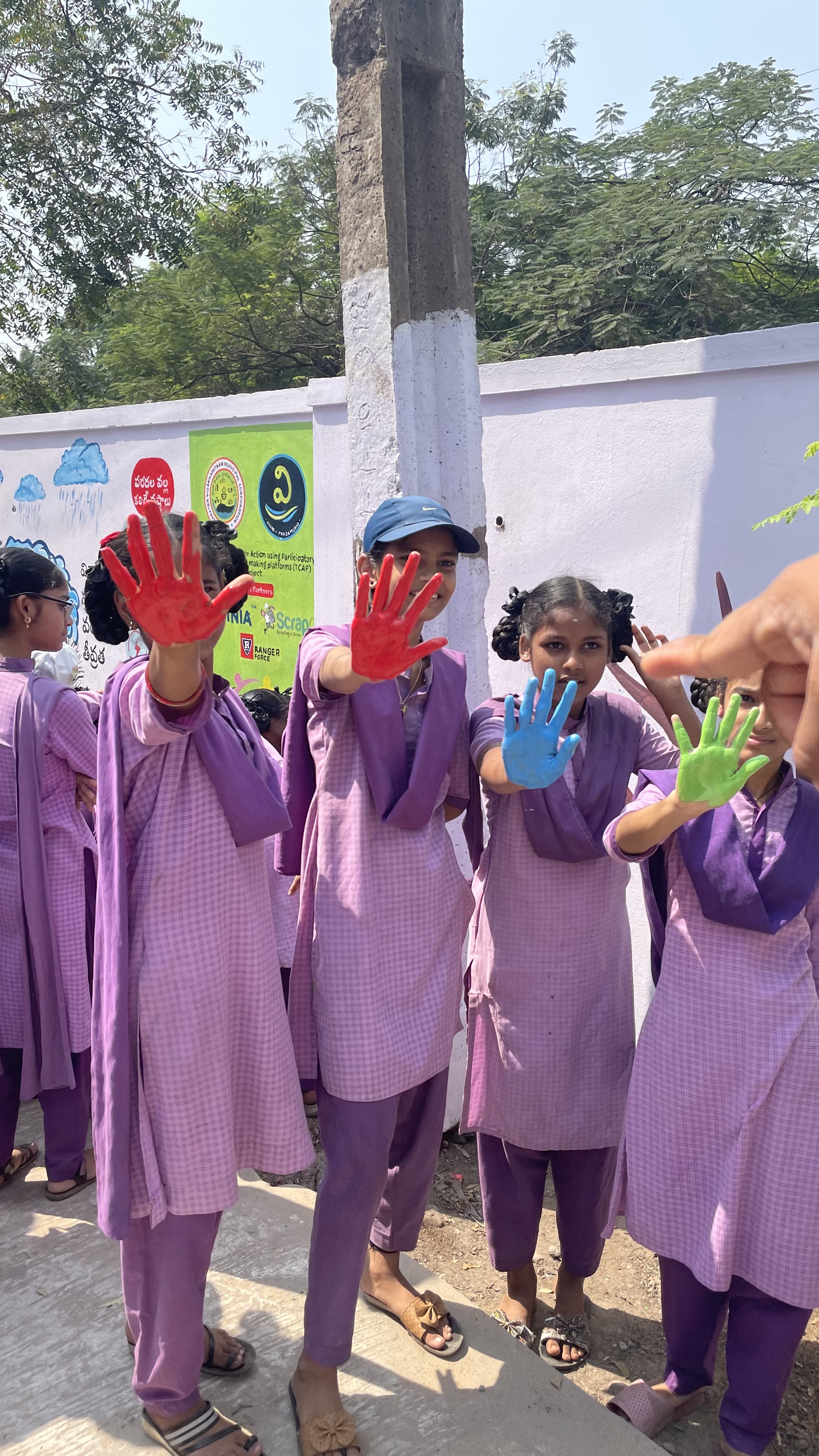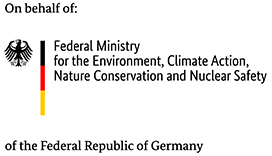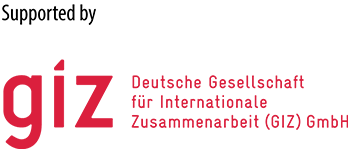Transformative Climate Action Using Participatory Data Driven Decision Making Platforms (T-CAP)
January-March | 2025Bilateral
Adaptation to Climate Change
Link To Project: Click Here
A National Capacity Building Workshop held on 20–21 February 2025 in New Delhi trained 23 municipal officers from 13 cities on participatory climate action, community engagement, and digital tools. At WSDS 2025, TERI hosted a session on climate-resilient cities through Urban Living Labs and digital democracy. On 14 February, TERI organized Jana Mela in Visakhapatnam under V-PULL, featuring mural art, cleanliness drives, peer learning, and social cartography to build local climate resilience. These initiatives advance SDGs 11 and 13 by promoting citizen-driven, data-informed urban climate governance and resilience planning through inclusive, ground-level engagement and capacity building.
Project Updates
National Capacity Building Workshop on Participatory Climate action for Indian Cities
For advancing climate adaptation and resilience of urban local bodies, a capacity building workshop was held on 20-21 February, 2025 in New Delhi, India. Through this workshop 23 municipal officers from 13 cities in India were trained through tailored sessions and activities based on insights from the project.
The senior officials engaged over one-and-a-half-day in these interactive sessions that focused on understanding the concept of participatory climate action, community engagement strategies, and leveraging digital tools for climate action. The sessions facilitated co-designing risk tracking systems, data-driven schemes for climate analysis and city level communication platforms.
Beyond Blueprints: Reimagining Climate-Resilient Cities through Living Labs and Digital Democracy
Building on project learnings, TERI organized a thematic track titled 'Beyond Blueprints: Reimagining Climate-Resilient Cities through Living Labs and Digital Democracy' at the World Sustainable Development Summit (WSDS) on 5th March 2025 which brought together experts and practitioners to discuss the transformative potential of Urban Living Labs (ULLs), open-data platforms, and digital tools in building climate-resilient, participatory urban ecosystems, digital governance mechanisms to democratize climate decision-making. The discussion emphasized how leveraging crowdsourced data, blockchain-enabled transparency, and participatory digital forums can shift cities from reactive responses to proactive, citizen-driven climate governance.
Building Climate Resilience Through Community Action: Insights from Jana Mela
To strengthen urban climate resilience through community engagement, TERI successfully organized Jana Mela on February 14, 2025, in Gnanapuram Ward, Visakhapatnam. This initiative was part of the Vizag-Prajamukhi Urban Living Lab (V-PULL) and was held in collaboration with the Greater Visakhapatnam Municipal Corporation (GVMC), Resident Welfare Associations (RWAs), Self-Help Groups (SHGs) and NGOs.
This multi-stakeholder engagement featured interactive activities to enhance climate awareness and preparedness:
Infographic Wall Art – Visual storytelling through murals to educate communities on flood mitigation, rainwater harvesting, and waste segregation.
Cleanliness Drive – Community-led initiative to promote sustainable waste management and prevent drain blockages.
Peer Learning Sessions – Knowledge-sharing discussions on composting, rainwater harvesting, and plantation to promote resilience at the neighbourhood level.
Social Cartography Exercise – Mapping activities by residents to identify hazard hotspots, building capacities for ground-truthing activities.
These initiatives contribute to broader national commitments, particularly SDG 11 (Sustainable Cities) and SDG 13 (Climate Action) for climate-resilient urban development. The emphasis on data-driven decision-making supports India’s transition toward climate resilience while addressing urban vulnerabilities.
Copyright © 2026 All rights reserved
